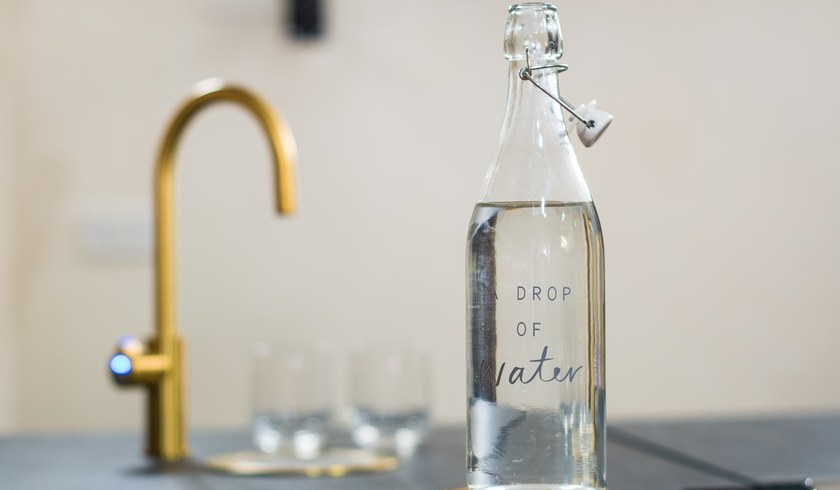08/06/2022
With microplastics and other contaminants present in both bottled and tap water, now is the time to consider investing in a filtered drinking water system.
Why? Because clean, filtered water isn't just about convenience and taste. It's also about protecting and supporting health and wellbeing – two factors that significantly influence productivity at work.
According to a 2019 report by the WWF, the average person consumes up to 5 grams of plastic each week – the same weight as a credit card. The primary source of this consumption? Bottled water and tap water.
While the UK has some of the safest drinking water globally and benefits from strict regulations, it can contain impurities like microplastics, pesticides, heavy metals, and chemicals. Therefore, the benefits of removing these contaminants and preventing water contamination are worth considering.
In this article, we’ll explore the purpose of water filtration, how it removes contaminants, and why water filter systems like HydroTap are a smart choice for modern businesses.
The primary aim of water filtration is to remove contaminants, enhance water quality, and make drinking water healthier and safer. When all these factors are addressed, people typically drink more water – and as we know, staying hydrated can drastically improve our physical and mental health.
Filtration systems work to eliminate substances like bacteria, microplastics, heavy metals, chemicals, as well as sediment and other particles. By removing these impurities, you don't just improve the taste and smell of water, but also reduce the potential health risks from exposure to harmful substances.

Even highly regulated water supplies can contain contaminants. Let's take a closer look at how these contaminants can be harmful to our health and wellbeing:
Microplastics are tiny plastic particles that enter the water supply through pollution and improper waste management. Because these particles are not biodegradable, they can build up in the body and lead to health risks over time.
Heavy metals are metals that can't be broken down or decomposed, making them dangerous in a water supply. Lead can enter water from old lead pipes and industrial pollution, causing irrevocable damage to human communities.
Metals like lead and arsenic have been linked to health issues such as organ damage, cancer, and other adverse effects.
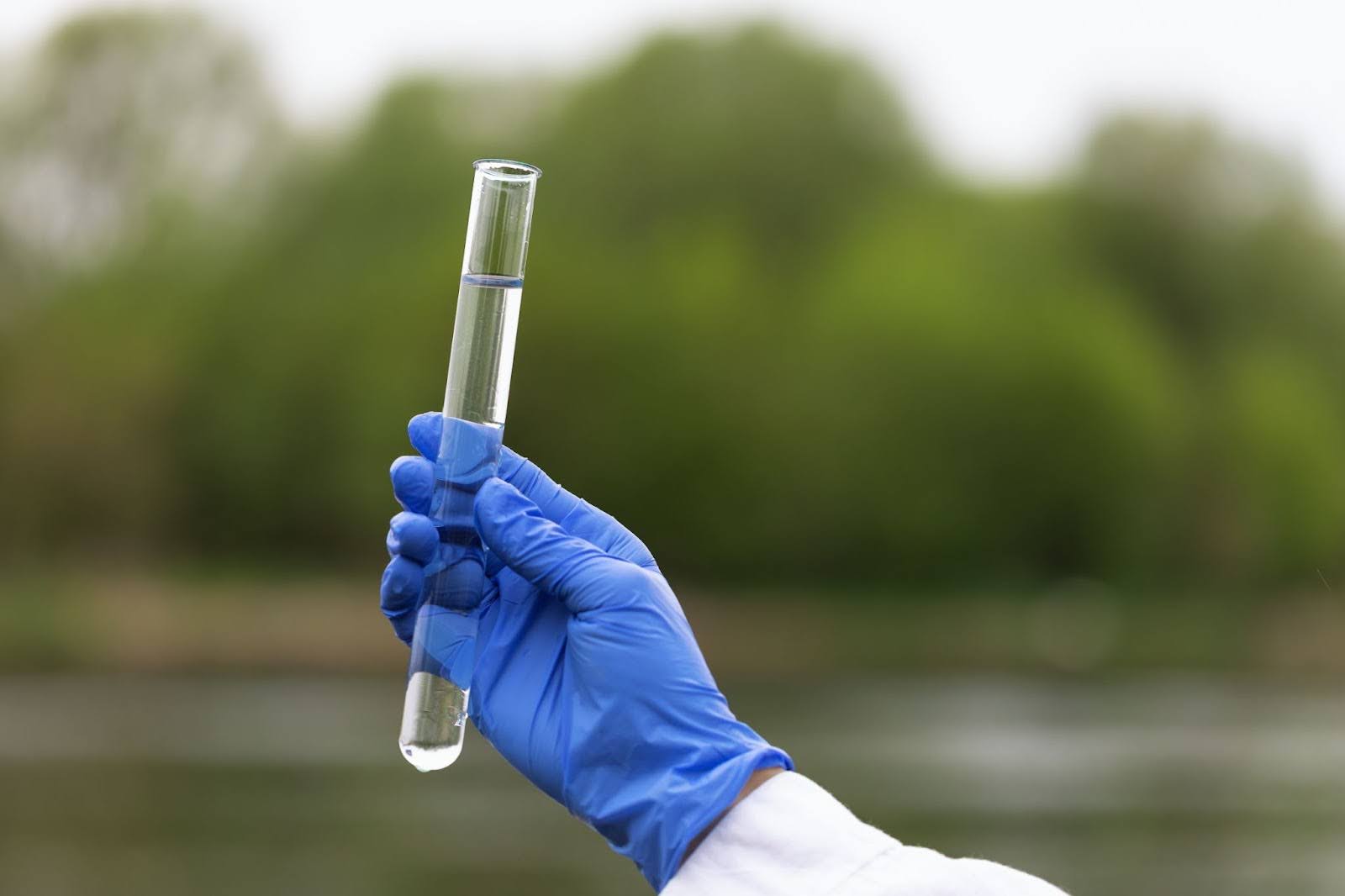
Perfluoroalkyl and polyfluoroalkyl substances (PFAs) are synthetic chemicals that don't break down in the environment over time, hence the moniker 'forever chemicals.' These chemicals can enter tap water and bottled water supplies and have been linked with health risks such as liver damage, thyroid disease, cancer, and fertility issues.
Widely used to disinfect water, chlorine can leave an unpleasant taste and smell, which means people may drink less water overall. While generally safe in small amounts, overexposure can irritate the skin and potentially harm the gut microbiome.
As awareness of impurities grows, people are becoming more concerned about what they're unwittingly consuming via unfiltered tap water and drinking water. The solution? Water filtration systems.
Though safe to drink, water from a standard kitchen tap doesn't have the technology required to filter out all the contaminants present. Therefore, it's worth considering water filters or a water filtration system like HydroTap.
For businesses, a water filtration system is an investment in convenience and wellbeing. It makes sure employees, clients, and visitors have access to clean water that tastes great throughout the day.
With a constant supply of fresh-tasting tap water, expect improved hydration among your workforce, and, as such, greater productivity, improved concentration, and more consistent mood levels. You can learn more about how hydration affects our bodies with our hydration guide.
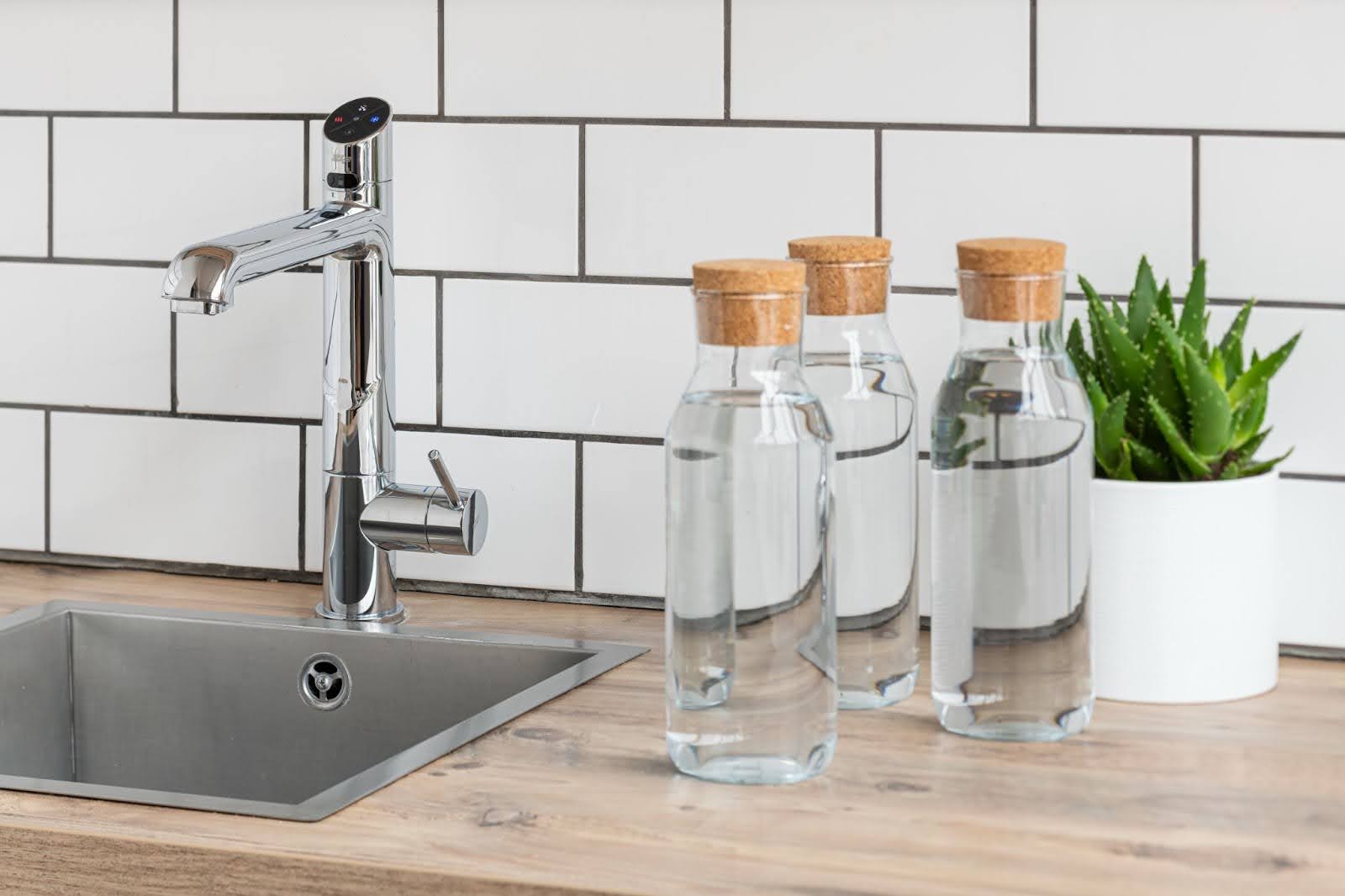
Filtering water is a simple yet impactful step towards better health, sustainability, and convenience. No matter the business, upgrading your tap water with water filter systems offers many advantages:
<p">As we've covered, filtered water removes contaminants like bacteria, leaving you with safe, clean, and fresh-tasting water. This encourages better hydration, which supports overall health, productivity, and wellbeing in the workplace.
Beyond health benefits, filtered water systems like HydroTap, HydroChill, and HydroMe also improve workplace sustainability, cutting emissions and reducing long-term costs since there's no need to buy bottled water.
By switching to a water filtration system, you can drastically cut down on the use of single-use plastic bottles. This reduces environmental impact, minimises waste, and aligns with wider efforts to combat plastic pollution – all of which will also help you stand out in the recruitment pool.
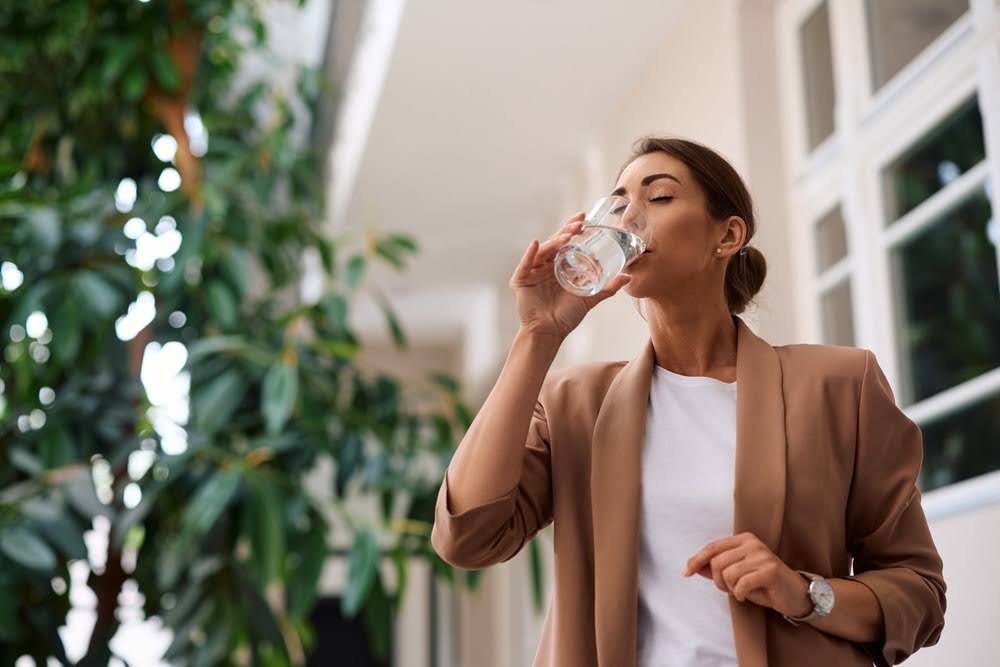
Unlike some filtration methods and reverse osmosis units, which remove vital nutrients, our MicroPurity™ technology retains essential minerals like calcium, magnesium, and potassium – all of which are crucial for bone health, digestion, and our general wellbeing.
Filtered water systems provide instant access to chilled, boiling, and sparkling water at the perfect temperature, eliminating the need for additional appliances. Did you know, for instance, that HydroTap produces 33% less carbon emissions than a kettle over the course of a year?
For businesses, this means maintaining fewer machines; the convenience of filtered systems ensures the best water quality while saving time and effort, making it a win-win.
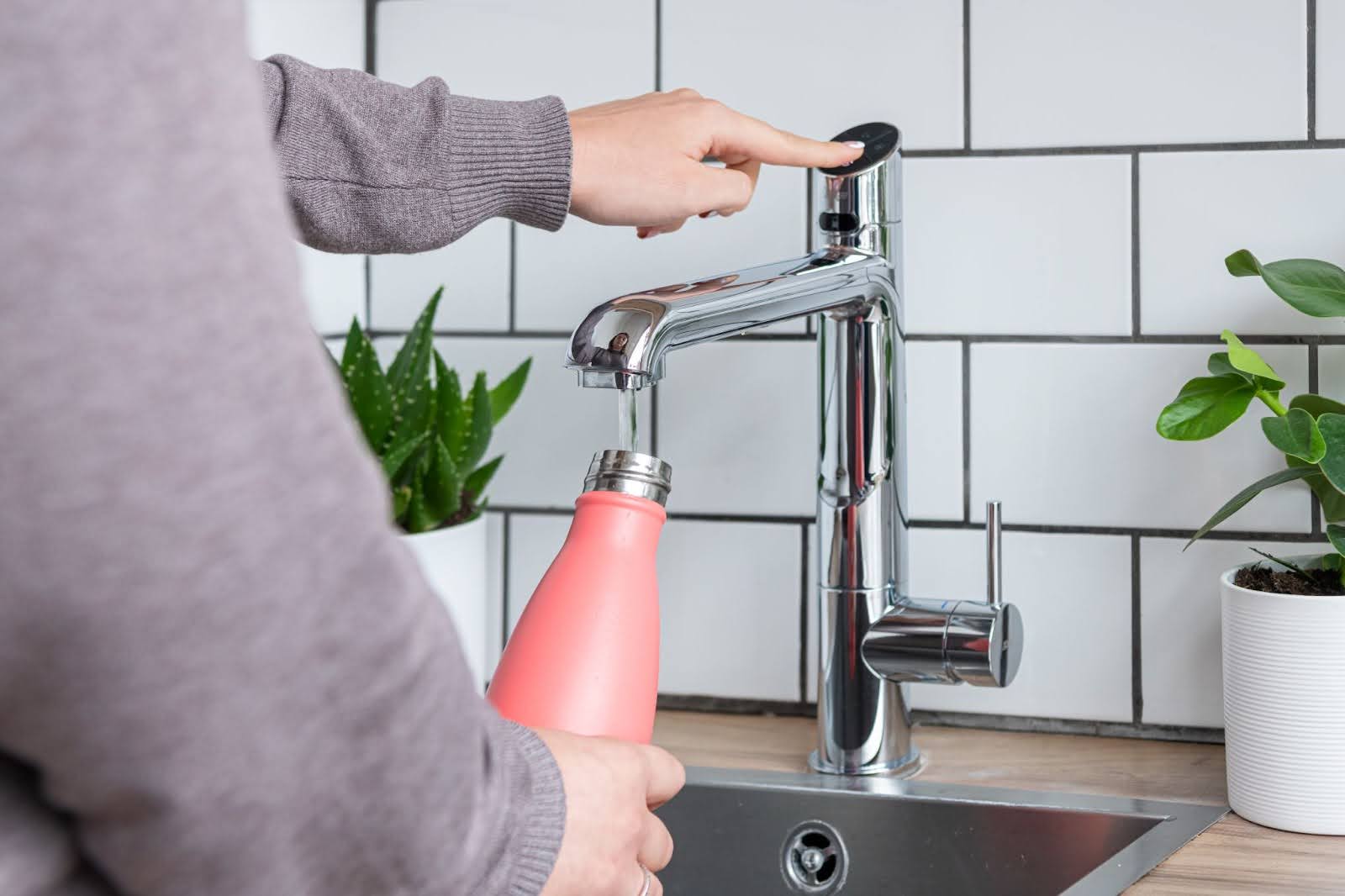
Our innovative 6-in-1 MicroPurity™ filtration is certified to reduce cryptosporidium and giardia, chlorine taste and odour, microplastics, sediment >0.2 microns, lead, and bacteria growth (bacteriostasis) – all contaminants that affect the taste, smell, and quality of water.
Plus, independently certified by NSF 42 and NSF 53 for health and aesthetic effects, as well as WRAS for regulatory compliance, Zip Water products are manufactured to the highest standards to guarantee reliability and quality.
From improving water quality and boosting productivity to reducing plastic waste to lowering emissions, investing in a water filtration system offers tangible benefits for your business when it comes to health, wellbeing, and sustainability.
If you'd like to learn more about how our product range can help support your workforce, get in touch with us today.
Talk to us about your next project, request a brochure or arrange a full product demo with one of our team.
